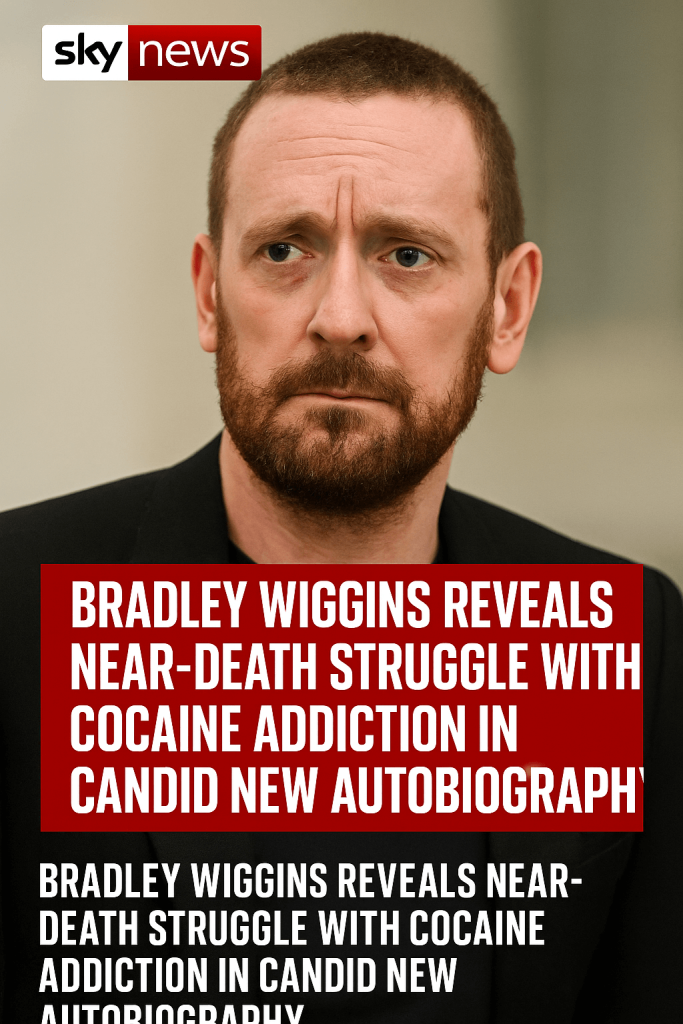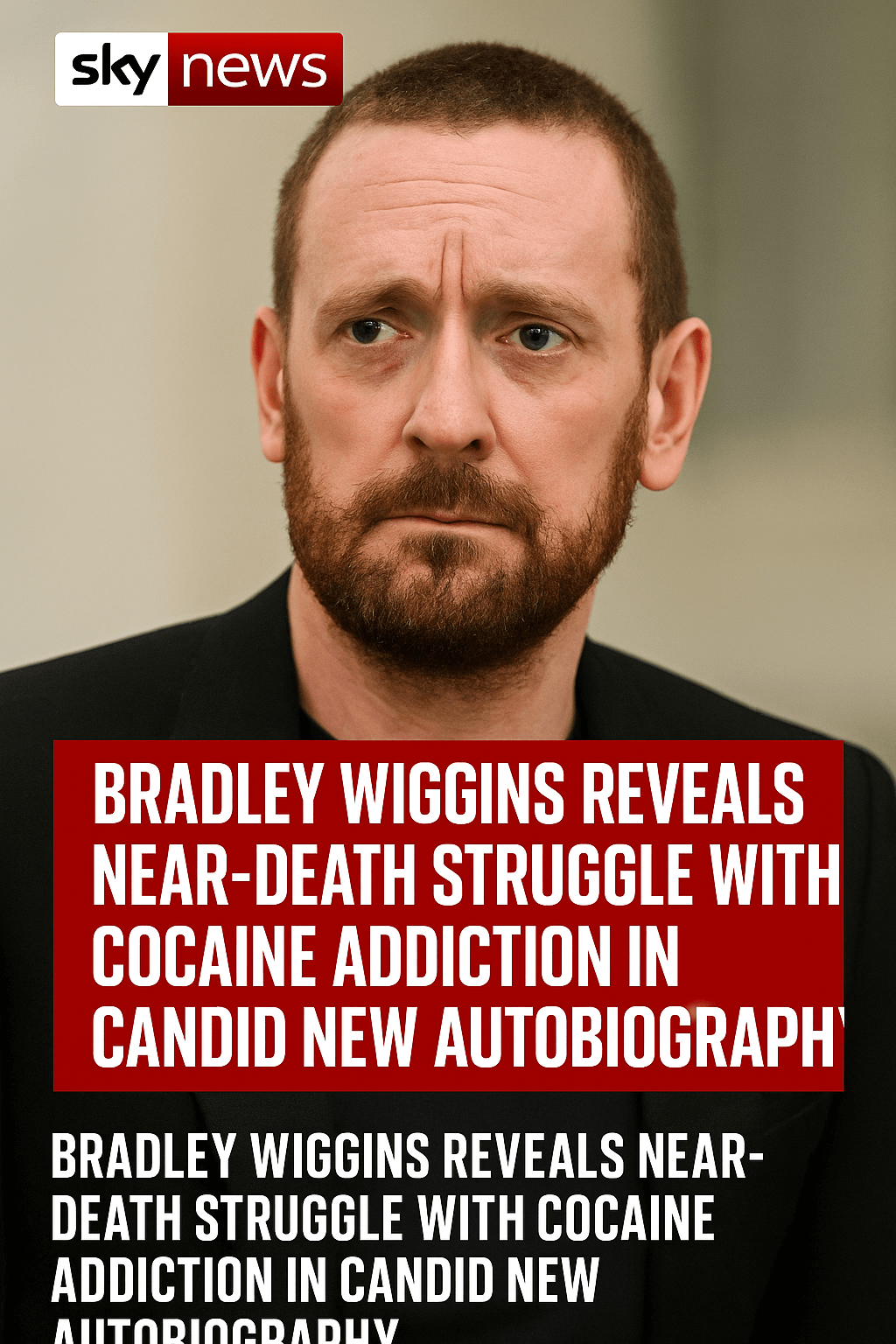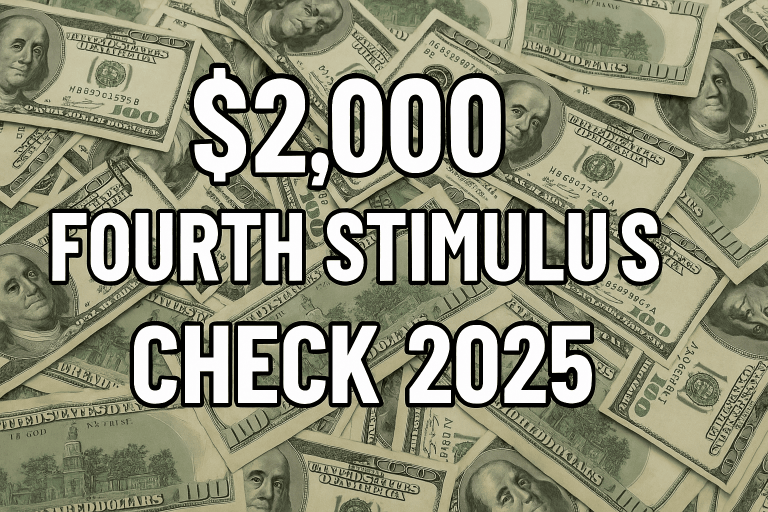Bradley Wiggins: ‘I was a functioning cocaine addict’
Sir Bradley Wiggins, Britain’s first Tour de France winner and five-time Olympic gold medallist, has opened up about the darkest chapter of his life—his long battle with cocaine addiction following his retirement from professional cycling.
In a deeply personal revelation ahead of the release of his upcoming autobiography The Chain, the 45-year-old sports icon details how his life spiraled into debt, addiction, and despair after retiring from cycling in 2016.
“There were times my son thought I was going to be found dead in the morning,” Wiggins admitted. “I was a functioning addict. People wouldn’t realise. I was high most of the time for many years.”

Despite being named BBC Sports Personality of the Year in 2012, Wiggins struggled privately for years before finally quitting drugs a year ago—without professional help. “I was doing shitloads of cocaine. I had a really bad problem,” he confessed. “My kids were going to put me in rehab. I was walking a tightrope.”
The cycling legend described his addiction as a form of self-harm fueled by deep-rooted self-hatred and unresolved trauma. “I already had a lot of self-hatred, but I was amplifying it. It was not the person I wanted to be. I realised I was hurting a lot of people around me.”
Wiggins’ story is not unique in the world of professional cycling, where several high-profile athletes have battled post-career demons. He acknowledged the irony that, in a sport lacking formal post-retirement support, it was Lance Armstrong—a disgraced former rival—who stepped in to offer help.
“Lance had been worried about me for a long time,” Wiggins revealed. “He went through a similar thing with Jan Ullrich. They’d try and get hold of me, but couldn’t find where I was. My son speaks to Lance a lot. He’d ask, ‘How’s your Dad?’ And Ben would say, ‘I’ve not heard from him for a couple of weeks, I know he’s living in a hotel.’”
Wiggins said his addictive tendencies left no room for moderation: “There’s no middle ground for me. I can’t just have a glass of wine. If I have a glass of wine, then I’m buying drugs. My proclivity to addiction was easing the pain that I lived with.”
He also addressed the lingering controversy of the infamous ‘Jiffy bag’ incident—a mystery package delivered during his racing career that sparked a parliamentary inquiry and raised questions about doping practices in British cycling.
“I was in the eye of the storm,” Wiggins said. “I felt some of those questions needed to be answered and put to bed… like ‘What was in the package?’”
Asked whether he believes there are different versions of the story, he responded, “There are. There’s a book about that in itself. I would love to know one way or another what actually happened.”
Wiggins’ forthcoming book promises to shed light not only on his cycling triumphs but also on the personal pain and battles that nearly cost him his life. As he continues his journey of recovery, Wiggins hopes his honesty will inspire others facing similar struggles.






